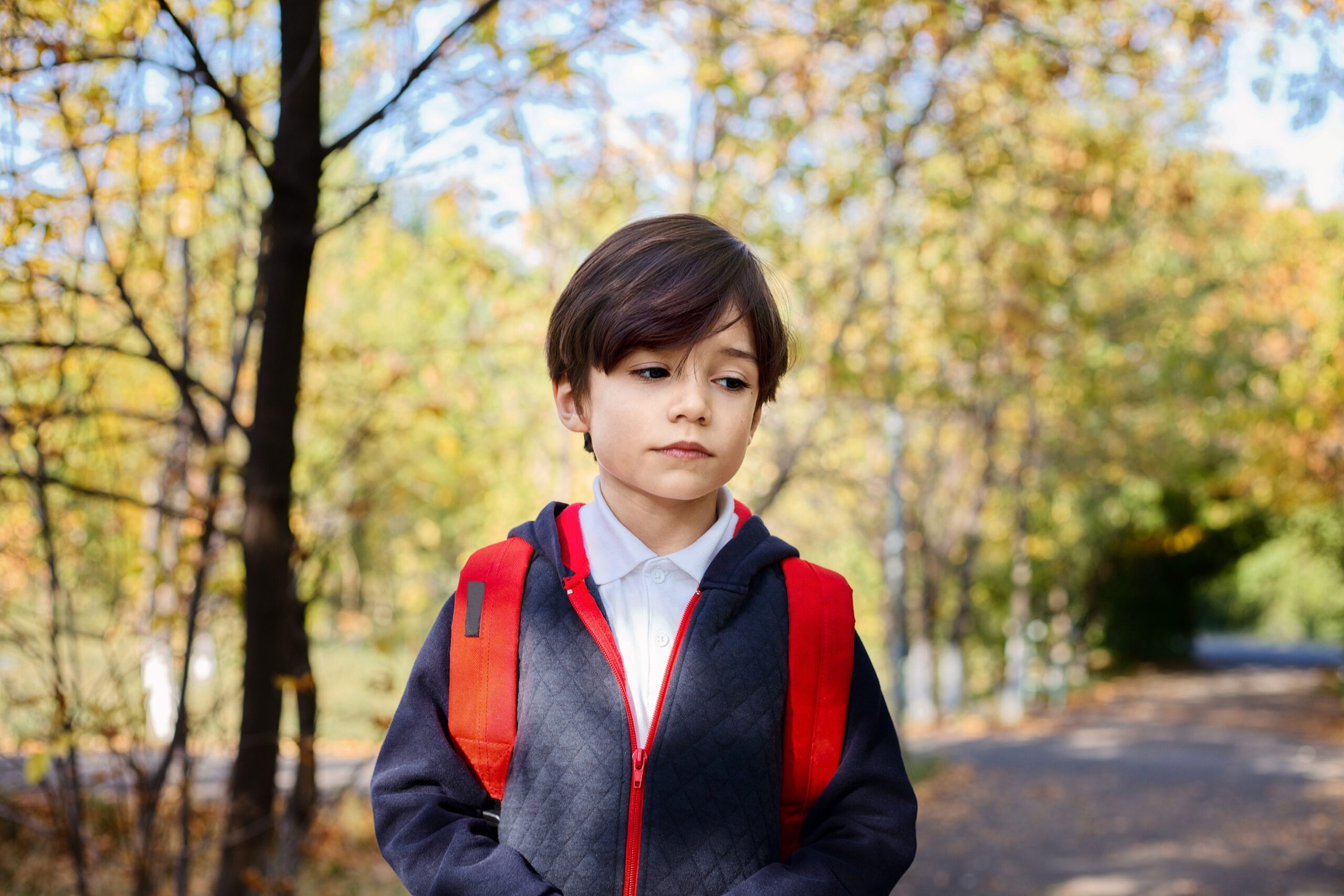Treating School Refusal and Anxiety Through Exposure Therapy and CBT
 As a parent, it is hard to see your child struggle with anxiety, especially when it starts to affect their daily lives. School refusal is a common issue among children and teenagers with social anxiety or performance anxiety. They may feel nervous or overwhelmed about attending school, even to the point of missing days, refusing to attend, or dropping out / demanding to be homeschooled. But there is hope – cognitive-behavioral therapy (CBT) and exposure therapy have shown to be effective in treating school refusal and anxiety. In this blog post, we will explore what causes school anxiety, how it can lead to school refusal, and how therapy can help.
As a parent, it is hard to see your child struggle with anxiety, especially when it starts to affect their daily lives. School refusal is a common issue among children and teenagers with social anxiety or performance anxiety. They may feel nervous or overwhelmed about attending school, even to the point of missing days, refusing to attend, or dropping out / demanding to be homeschooled. But there is hope – cognitive-behavioral therapy (CBT) and exposure therapy have shown to be effective in treating school refusal and anxiety. In this blog post, we will explore what causes school anxiety, how it can lead to school refusal, and how therapy can help.
What is School Anxiety?
School anxiety is a type of anxiety about school-related situations, such as social interactions with peers or teachers, academic pressure, or physical symptoms like stomachaches or headaches. It can stem from various factors, such as genetics, environmental stress, or negative experiences. If left untreated, school anxiety can lead to school refusal, which is when a child refuses to attend school or experiences extreme distress when doing so. This behavior may become a vicious cycle, causing the child to fall behind academically and socially.
Treatment for School Anxiety
Fortunately, exposure therapy and CBT offer a way out of this cycle. CBT is a type of therapy that helps children identify and change negative or intrusive thoughts related to school anxiety. The therapist may help the child develop coping mechanisms, such as challenging unhelpful thinking patterns and learning to tolerate distress and fear. Additionally, exposure therapy involves gradually exposing the child to school-related situations that cause anxiety. The goal is to help the child build confidence and resilience by facing their fears and seeing that for the most part, nothing bad happens.
Another key to success is involving parents and educators in the therapy process. Parents can reinforce positive behaviors and provide support, while teachers can create a supportive and inclusive learning environment. It is important to remember that overcoming school anxiety and refusal is not a quick fix, but a journey that requires patience and persistence.
CBT for School Anxiety & Refusal
During CBT sessions, your child will learn strategies for managing and challenging their anxiety about school. Some of these strategies include reevaluating negative thoughts about school, challenging their perceptions related to distress / anxiety. Exposure therapy will involve gradually facing anxiety-provoking situations in small steps, such as attending avoided classes, speaking in front of a small group of classmates, etc. Over time, as children confront their fears, their anxiety in these situations lessens, and they also gain mastry in their ability to tolerate discomfort.
While there may be challenges along the way, with the right approach and treatment, children can overcome school refusal and anxiety caused by social anxiety and performance anxiety. Parents can support their children by finding a qualified therapist who has experience in treating school refusal and anxiety; being patient and empathetic as their child goes through this process; and collaborating with the school staff to create an environment where their child feels supported and valued.
At GroundWork Counseling, our child CBT therapists in Orlando have considerable experience working with children and their families confronting the challenges of school refusal and anxiety. We’re here to help you gain the skills needed to overcome these challenges.
Ready To Make A Change?
GroundWork is proud to offer both in-person &
virtual Telehealth appointments.
In-Person Sessions: Central Florida
Virtual Sessions: Florida, Maine, South Carolina, Montana, Vermont




















